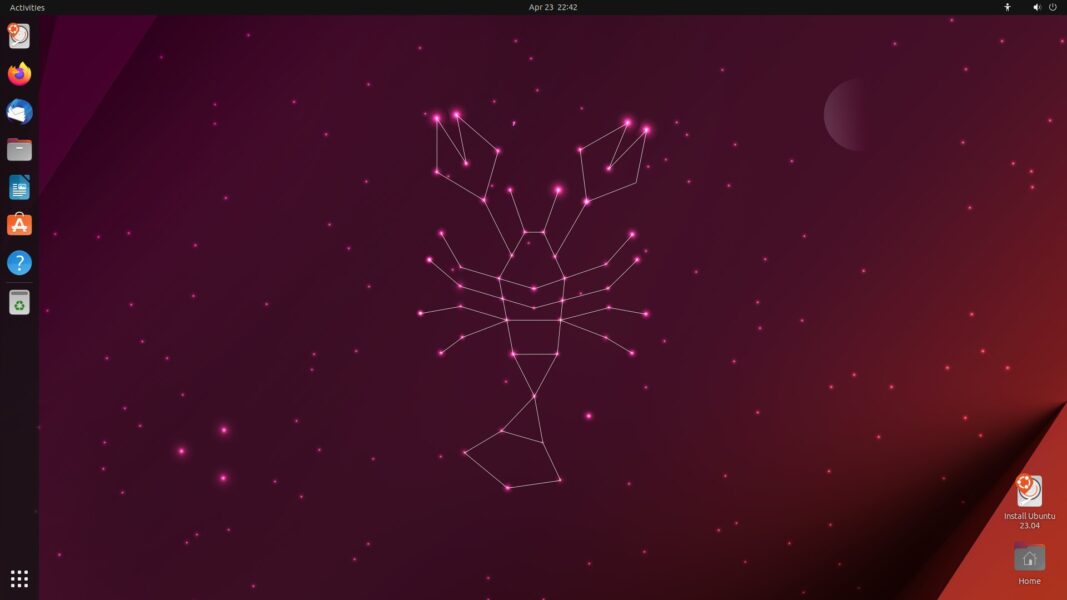Ubuntu 23.04 appears with new installer

Ubuntu 23.04 with the nickname “Lunar Lobster” was released on schedule on April 22, 2023. For the first time, a new installer, based on the Subiquity framework, which has already been used in the server variant of Ubuntu since version 20.04, is used on the desktop as well. The graphical user interface for the desktop was implemented in Flutter, a kit for user interfaces developed by Google and popular with Canonical.
Considering that Ubuntu set standards in usability many years ago with the old Ubiquity installer and opened Linux to a wider audience thanks to its simple installation, the new installer with its modern look is indeed a big deal. Unfortunately, it really only handles a very, very simple installation. ZFS on root file system is not provided at all in the new installer – although Canonical had pushed ZFS just a few years ago and even developed its own management service with Zsys, which has more or less been abandoned in the meantime.
Ubuntu 23.04 comes with the current Gnome 44, which has completely made the switch from GTK3 to GTK4. The quick settings built into the previous version, accessible directly from the status bar, now allow detailed access to Bluetooth-connected devices. The “real” system settings application has also been expanded; this is primarily noticeable on the configuration page for “mouse and touchpad”. The file manager Nautilus, which is now only called “Files”, is also available in a new version. It now handles expandable folders in the list view – but only if you enable this feature.
Those who don’t like Gnome can, as always, choose from a variety of variants – so-called “Flavours” – with KDE, Xfce, Mate, Budgie, LXQt, Unity and, for the first time, Cinnamon. However, Canonical’s order to all “Flavours” to do without the pre-installation of the Flatpack format tastes bitter. After all, Canonical has its own container format – Snap – and since the “Flavours” carry the name Ubuntu and use Canonical’s infrastructure, they certainly have to oblige.
Whoever installs or upgrades to Ubuntu 23.04 should know that he or she will get a fairly up-to-date Linux with kernel 6.2, but that this version will only be supported for nine months. Thus, one cannot avoid upgrading to Ubuntu 23.10 in six months and to 24.04 in one year – the latter release is then again an LTS version (LTS stands for long-term support).
